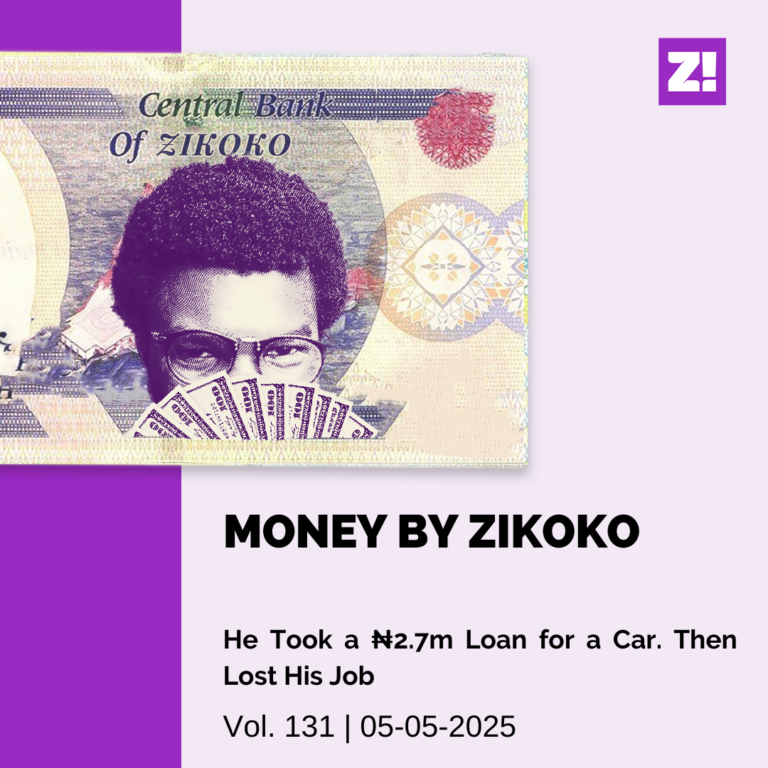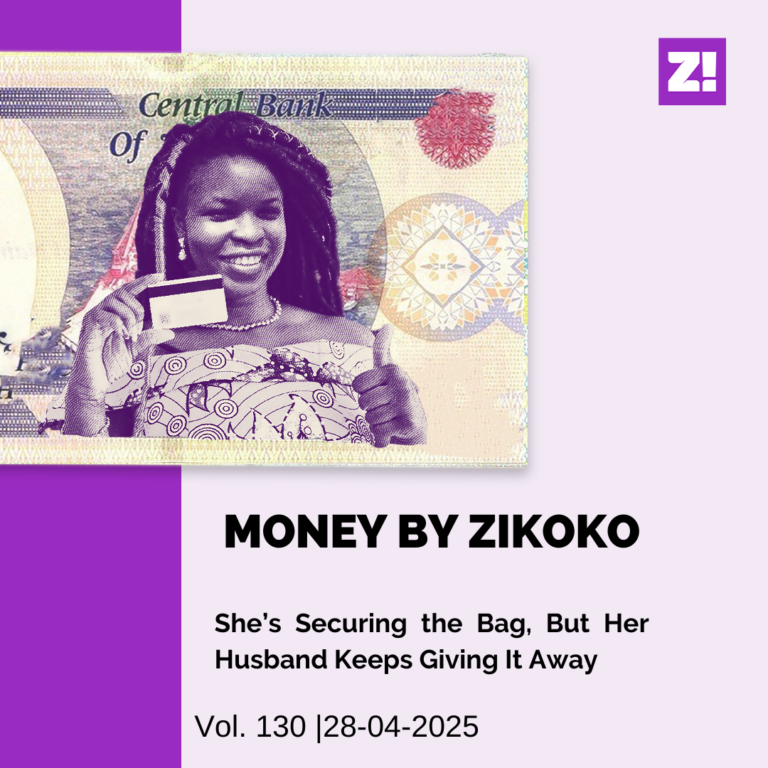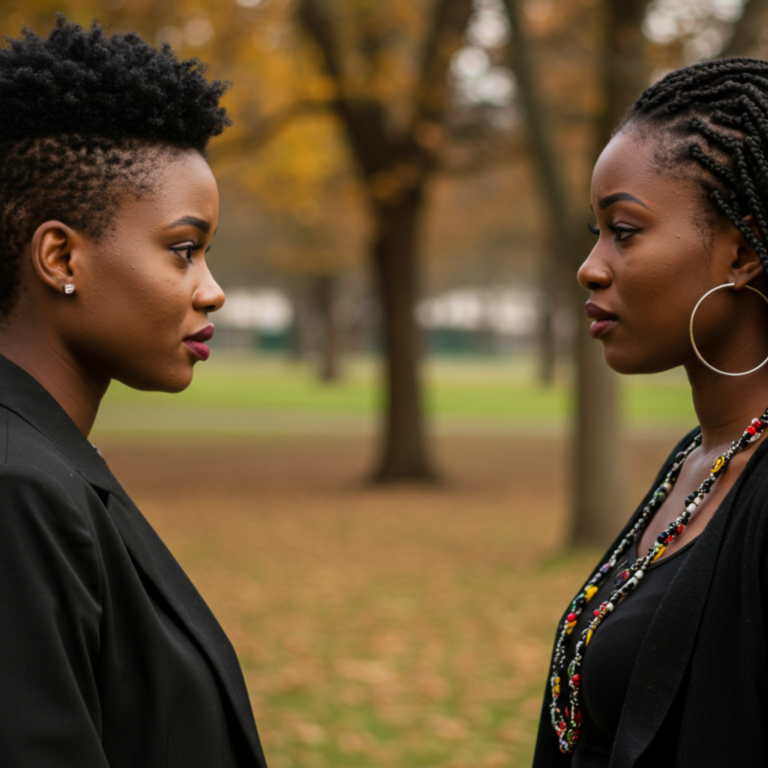Since August 2020, Nigeria’s Government Enterprise and Empowerment Program (GEEP) and 60 decibels with the support of the Rockefeller Foundation have been administering a survey to GEEP clients to understand how COVID-10 impacted their personal and economic situation. An interim report has been published, and it shows that the Nigerian informal sector was adversely affected by the outbreak. 9 out of 10 GEEP clients recorded drops in their income levels, businesses struggled to stay afloat due to government-imposed closures, low footfalls and constrained supply chains. To survive, GEEP clients had to rely on their savings, borrowed heavily and reduced percentages set aside for household and business savings or stopped outrightly. The data also showed that 35% of GEEP respondents had to close down their businesses, 66% recorded fewer customers and 84% have been using their savings to cope with current hardships. We decided to examine how everyday Nigerians, particularly small business owners were affected by the pandemic. One story every week for the next six weeks.
The subject of this week’s Coping In A Pandemic is a widow with three children. She talks about starting her businesses, how Covid-19 has affected her income and her current struggles with paying her rent.
Do you remember when you started this business?
15 years ago. I started as a salesgirl for someone at the mammy market in a barrack. My pay was ₦4k per month. The good thing about the job was that it was a good way to learn the business, and I almost always made more than my salary per month.
How?
My boss had his price, and I had my price. I could add a little to the price of cartons of frozen foods I was given to sell. And we sold hundreds of cartons every month, so it was easy to make my own money. I think I got up to ₦1k on every carton I sold.
So, you were making up to ₦100k per month?
On a good month, yes. I’ve always been good at saving, so I was always putting money away. The job was good, and I was learning and understanding how the business worked. We brought the goods in from Seme and sold them here. I was with him for six or seven years. By the time I was leaving, I’d saved enough to buy a shop in the same market and a car I could use for business — a Golf 3.
Wow. How much did you buy the shop and the car?
I bought the shop for ₦200k, and the car was about ₦700k. Now that I had everything to go out on my own, I left the job and started going to buy the frozen goods, mostly chicken and fish.
That’s great.
My husband and I would drive to Seme for the products, and because I had a shop, sales were good. I also supplied people. Life was really good. At least, I could conveniently pay my kids’ school fees and house rent. No wahala at all.
Then I went to Seme one time, and they seized my car and goods.
Ah, why?
Customs oh. After some back and forth, they released my car, but they held onto my over ₦200k worth of goods. I had used all the money I had for business on that trip.
Ah.
As if that wasn’t enough, my husband decided that we had to sell the car.
Why?
He said he wanted to travel to the US. I think he sold it for ₦450k. I don’t even know how he got the rest of the money. I guess he travelled to the village and sold a few plots of lands. Do you want to know what happened after?
Tell me.
He came back home after some time. It didn’t even take long. He said one paper was not correct, so he had to come back. And he came back empty-handed. All that money went down the drain.
I’m so sorry about that.
It didn’t end there oh. He started talking about how disrespectful I was to him. He packed and left. I heard he went to Abuja first, then went to the village. He left me with three kids. My last daughter was one year and three months at the time. I couldn’t reach him — his number was always switched off.
He didn’t come back till he died about six years ago. It’s been me and my kids since that time.
Wow, I’m so sorry.
Life became harder for me. I was not doing any business, and I had no money to do it. Since my husband died, his family has never checked up on me or offered to give me ₦5. They made it clear that my girls and I don’t matter to them, and we would have to figure our lives without them.
I didn’t have money to go back to the business until 2016.
How did you pick it up again?
I joined Mamamoni, and they gave me a ₦100k interest-free loan to start my business again. I went back to my shop and picked up where I left off. Whatever I made from it, I put it back in the business. And I was there until I had to sell the shop in 2018.
What happened?
I was going through another rough patch and couldn’t make rent. The pressure the landlady put on me was a lot, and I couldn’t let her kick us out. I had to put my children first. Rent was ₦200k, so I sold my shop to get the money. With the shop gone, I moved my freezer home and continued my business from there.
How much did you get for the shop?
₦300k. What remained after I paid rent went to their school fees. Two of them were in secondary school already at the time, and their tuition was ₦37k each.
I’m curious, how much did you make in sales every month at the time?
At least ₦50k. It never went below that.
Did you have enough to save after meeting your basic needs?
I’ve always been very particular about saving. You know what I used to do? Ajo. I put ₦500 in every day and ₦100 for each of my kids. I don’t touch that until the end of the year, and that’s what I used to settle rent. But it didn’t work out in 2018. That’s why I had to sell my shop.
What about loans? Did you have access to those?
Ah, I fear loans a lot. The mere mention of loans with interest gives me a panic attack. I’d rather borrow money from people and agree to a payment plan. Those kinds of loans where you will pay excess money in interest put people in trouble. I can’t touch it.
Anyway, I didn’t need to take those kinds of loans. I was managing just fine with my savings until Covid came.
2020.
Covid did a lot. Sales declined rapidly during the lockdown. I couldn’t go out to supply and the light wasn’t good, so most of the goods I had in my freezer spoiled. Thank God for Mamamoni; they took care of food and supplied foodstuff for me and my girls. They also gave me another ₦50k interest-free loan to start another business. This was lifesaving. I travelled to Ogun state to buy cassava, and I also bought a gas cooker. That’s how I started selling fufu. And I’m still doing it now.
How much has this been bringing in?
I have small small customers I supply to, but It depends on the market and the number of people I can supply in a month. But on average, I’ve been making about ₦20k per month since I started last year.
That’s different from what you used to make every month. How has this affected things?
I couldn’t continue my Ajo last year. What this means now is that I may not meet this year’s rent. And the landlady has increased it to ₦250k. I told her that I cannot afford that, and she was like, “If you cannot pay, move out.” I don’t know how it will work out because I have only ₦50k. I’ve asked her for more time to do what I can do to find the ₦200k. I believe in miracles. One of my daughters is writing an exam this year, and I had to pay school fees — about ₦50k. When finding the money to pay for school fees was becoming a problem, God sent someone to give me ₦70k. I don’t know the lady. Someone just told her about me, and she decided to help.
That must have been a huge relief. Do you ever want to go back to selling frozen food items?
Yes, I was making more money from that. Also, the stress of selling fufu is too much. It takes a lot of strength to turn the cassava, and the pain that comes with it is too much. I got sick one time, but I couldn’t stop because I needed all the money I could get.
How much do you think you need to go back to it?
Everything is expensive now. A carton of chicken used to be as low as ₦8k, but it’s almost ₦18k now. A carton of fish is even more expensive. And also, I can’t go on that Seme road again because of Customs. They treat you like you’re carrying cocaine and seize your goods. I can’t deal with that stress. Although things are cheaper there, I’d have to buy locally. I also need a generator — Nepa has shown me a lot. I’d need at least ₦200k to return to the business.
As it is now, won’t a bank or microfinance bank loan be helpful for you?
As I said earlier, these loans that come with interest are not for me. Some people will add interest so high that the thought of paying it back will give you high blood pressure. I don’t want to be one of those people who take a microfinance bank loan and start hiding when the collectors come. I cannot do it. It will kill me.
It’s not like I don’t have the power to collect a loan, I just don’t want to. If I had a shop now, I might consider it. I’ll just concentrate on this fufu thing I do for now and hope things open up soon. I know how to do business very well and make the best use of money, so my children and I will be fine.
What aspect of your finances do you think you could be better at?
Savings, maybe. I couldn’t save last year, and that’s affecting a lot of things now. If I can save more, that can help prepare me for something like Covid. That being said, It’s hard raising a family alone. I don’t know how I’m taking care of these responsibilities. But God has been helping me through a lot of people.
With everything that has happened in the past year, would you say you’re happy?
Why wouldn’t I be? There’s life, and there’s always hope. Also, I’m watching my kids grow, and that means everything to me. My house rent is the only problem now. When I settle that, I’ll be happier.




